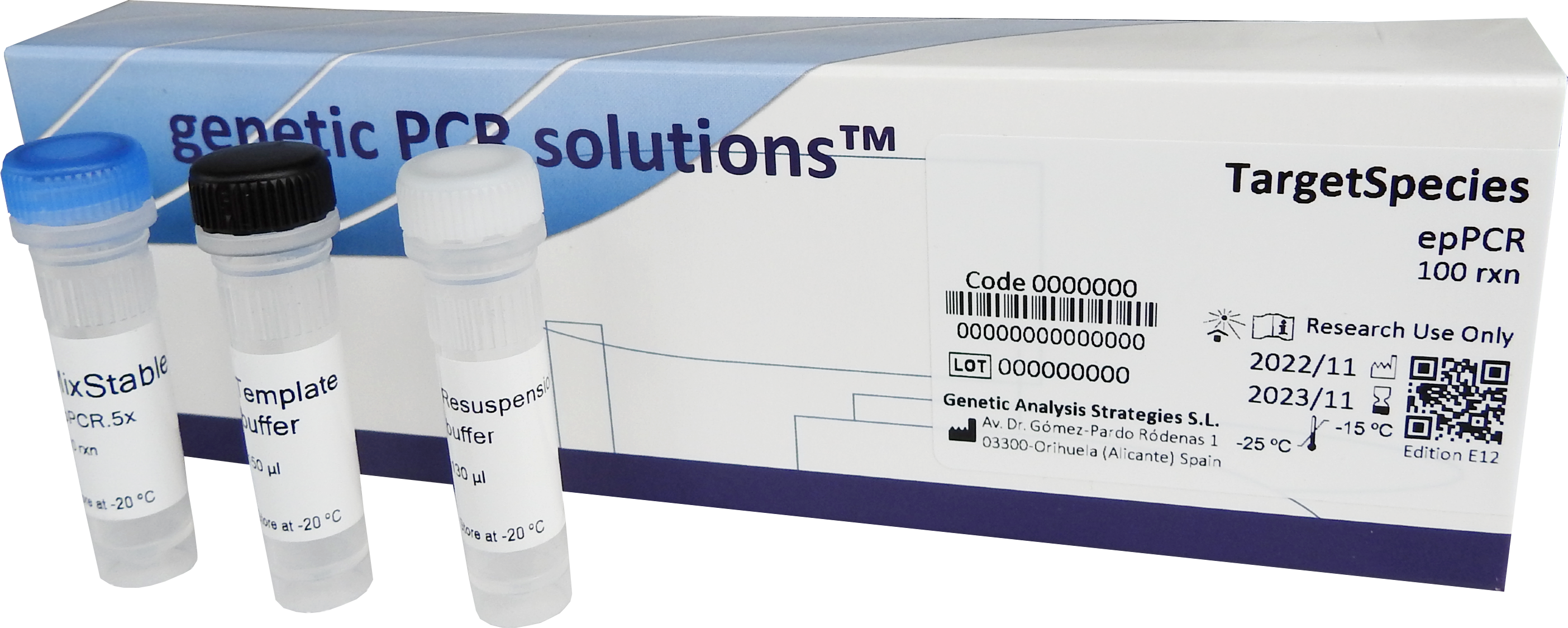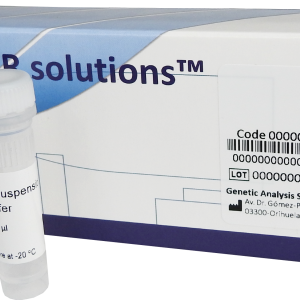Treponema pallidum
Description
The TrePal epPCR comprises a series of specific targeted reagents designed for Treponema pallidum detection by using epPCR. Treponema pallidum is a spirochaete bacterium belonging to the Spirochaetaceae family. Three subspecies of T. pallidum are known: T. pallidum subsp. pallidum, which causes syphilis; T. pallidum subsp. endemicum, which causes bejel or endemic syphilis and T. pallidum subsp. pertenue, which causes yaws. T. pallidum subsp. pallidum is a motile spirochaete that is generally acquired by close sexual contact. The organism can also be transmitted to a fetus by transplacental passage during the later stages of pregnancy, giving rise to congenital syphilis. The organism enters through the skin and the initial lessions are on genitals. In more severe cases, it may gain access to the host by infecting the skeletal bones and central nervous system. Infection with other T. pallidum subspecies (pertenue and endemicum) is acquired through contact with infected skin and are not considered sexually transmitted. These may result in a simple rash but may progress and cause disfiguring skin lesions.
Kit Content and Prices
GPS™ primers and probes are sold for research use only
All GPS™ Kits are available in F100 and MONODOSE Format
GPS™ reagents are compatible with all qPCR devices



